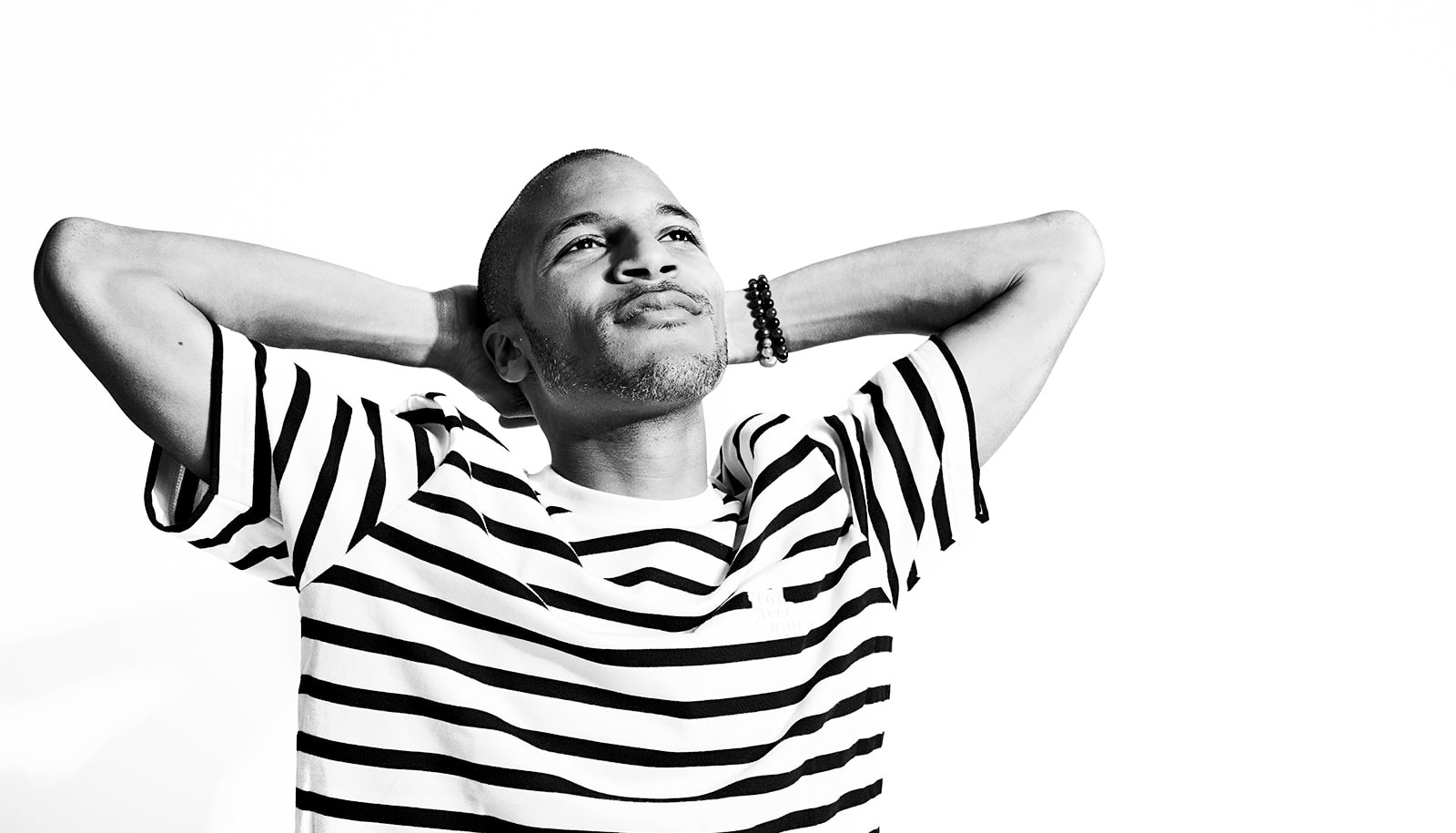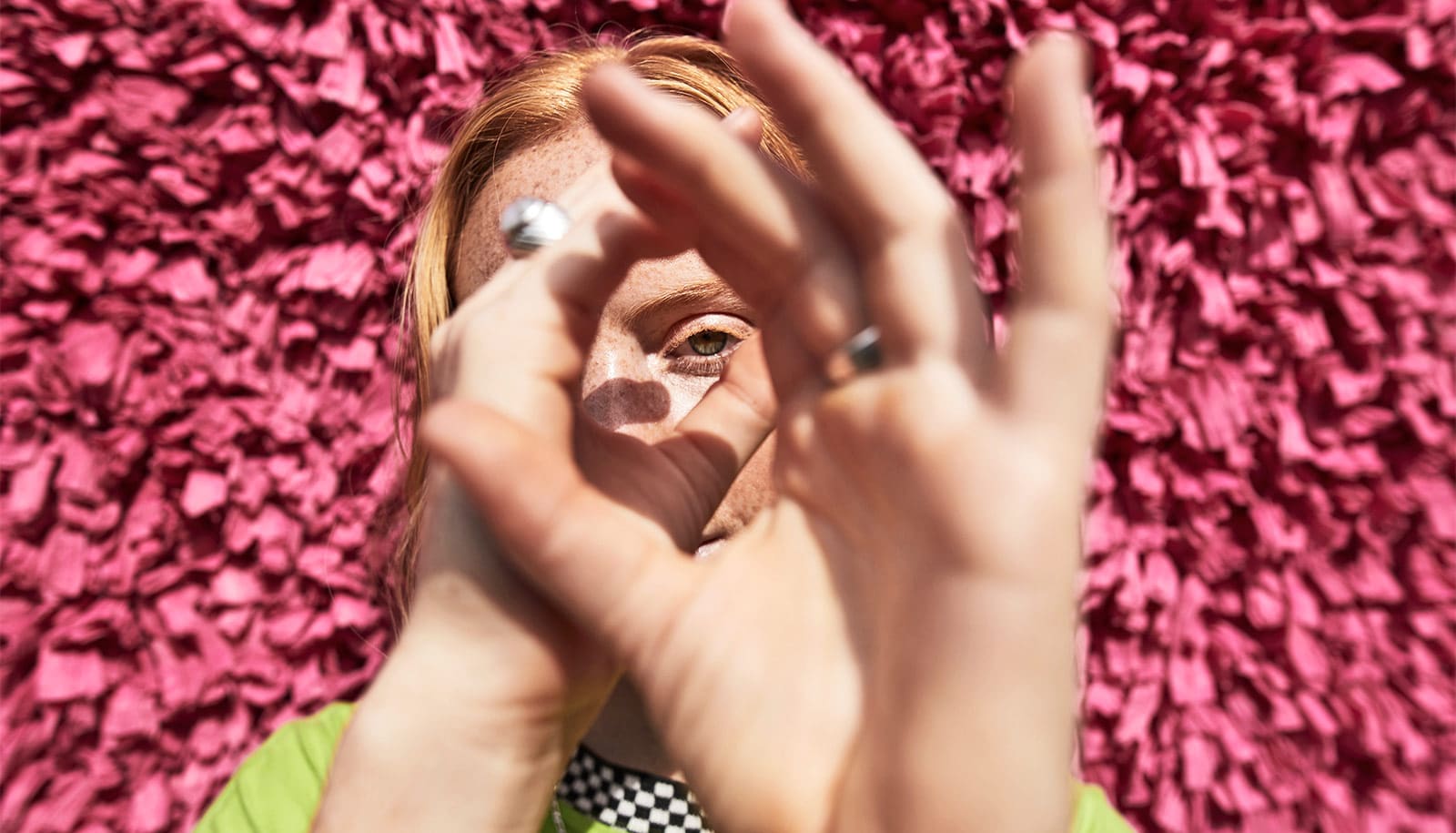New research offers a science-backed way to break the cycle of procrastination—and it’s already being put into practice through a new mobile app, Dawdle AI.
In a new large-scale study, researchers found that a brief two-minute reflection exercise can reduce emotional resistance and help people take the crucial first step toward action.
“Most interventions aim to change who we are in the long run—our personality, habits, or traits, but procrastination happens in the moment,” says doctoral researcher Anusha Garg, who coauthored the study with Shivang Shelat, a National Science Foundation graduate research fellow, and Professor Jonathan Schooler in the University of California, Santa Barbara’s psychological and brain sciences department.
Focusing on “the starting line problem,” the study in BMC Psychology tackled that tiny psychological pause between intention and action.
“If we can design tools that make it easier to step over that line, we can help people change behavior right when it matters,” Garg says.
Building on those findings, Garg collaborated with UCSB computer science students to develop Dawdle AI, a free app that brings this research into daily life—turning the science of starting into a practical tool anyone can use to turn hesitation into progress.
The app builds directly on a simple but powerful finding from the study. The activity took under two minutes—but its impact was striking. Compared with control groups, those who completed the guided exercise reported a better mood, less emotional resistance and a higher likelihood of acting on their task within the next day.
“The goal wasn’t to eliminate procrastination overnight,” Garg says, “It was to make starting feel a little lighter—to give people traction in the exact moment they’re stuck.”
The approach draws on the temporal decision model of procrastination, which frames the behavior as a cost-benefit calculation between task aversion (how unpleasant starting feels) and outcome utility (how good finishing will feel). When the emotional cost outweighs the expected reward, people delay. The intervention flips that equation—lowering aversion through affect labeling (naming emotions) and raising utility by pairing the task with a quick win: a smaller subgoal and a self-chosen reward.
In a follow-up, still-unpublished study, Garg’s team explored whether breaking tasks down alone was enough to drive the effect, or whether the reward played a key role. Early data point to the combination.
“When participants only broke the task down, they felt a little more motivated,” Garg says. “But when they also paired that step with a small reward—like a walk, a snack, or texting a friend—the motivation boost was significantly stronger. The reward makes the effort itself feel worthwhile.”
This finding echoes the theory of learned industriousness: when effort is paired with reinforcement, effort itself becomes rewarding. Over time, that can transform the act of starting from a chore into a small, satisfying success.
Rather than leave those findings in the lab, Garg brought them to life through Dawdle AI.
“We realized that the problem we’re studying—getting started—happens right where people are, on their phones,” she says. “So we built something that can meet them there.”
Dawdle AI combines psychology and technology in a friendly, research-based interface. Its animated guide, Pebbles, invites users to talk through what they’re avoiding, helps them generate subtasks, and encourages them to pick rewards for each completed step. The app includes timers, streak tracking, and positive feedback animations that reinforce momentum.
“It’s essentially the study turned into a tool,” Garg says. “When someone feels stuck, they can open Dawdle AI, reflect for a few minutes, and feel that same shift we saw in the data.”
Now available on the App Store, Dawdle AI officially launched on UCSB’s campus in November 2025 with ambassador programs, events, and collaborations designed to help students put the research into practice. For Garg, the launch marks more than a tech milestone—it’s a model for translating science into tools people can use.
“So much psychological research ends up locked in journals,” she says. “We wanted this to live in people’s hands.”
By reframing procrastination as a momentary emotional hurdle rather than a fixed trait, Garg hopes to replace shame with strategy.
“We procrastinate because we’re human,” she says. “But if we can learn to navigate that starting-line moment—to notice it, label it and tip the scales toward reward—we can start almost anything.
“The hardest part isn’t the work itself. It’s just starting. And that’s exactly where science can help.”
Source: UC Santa Barbara



